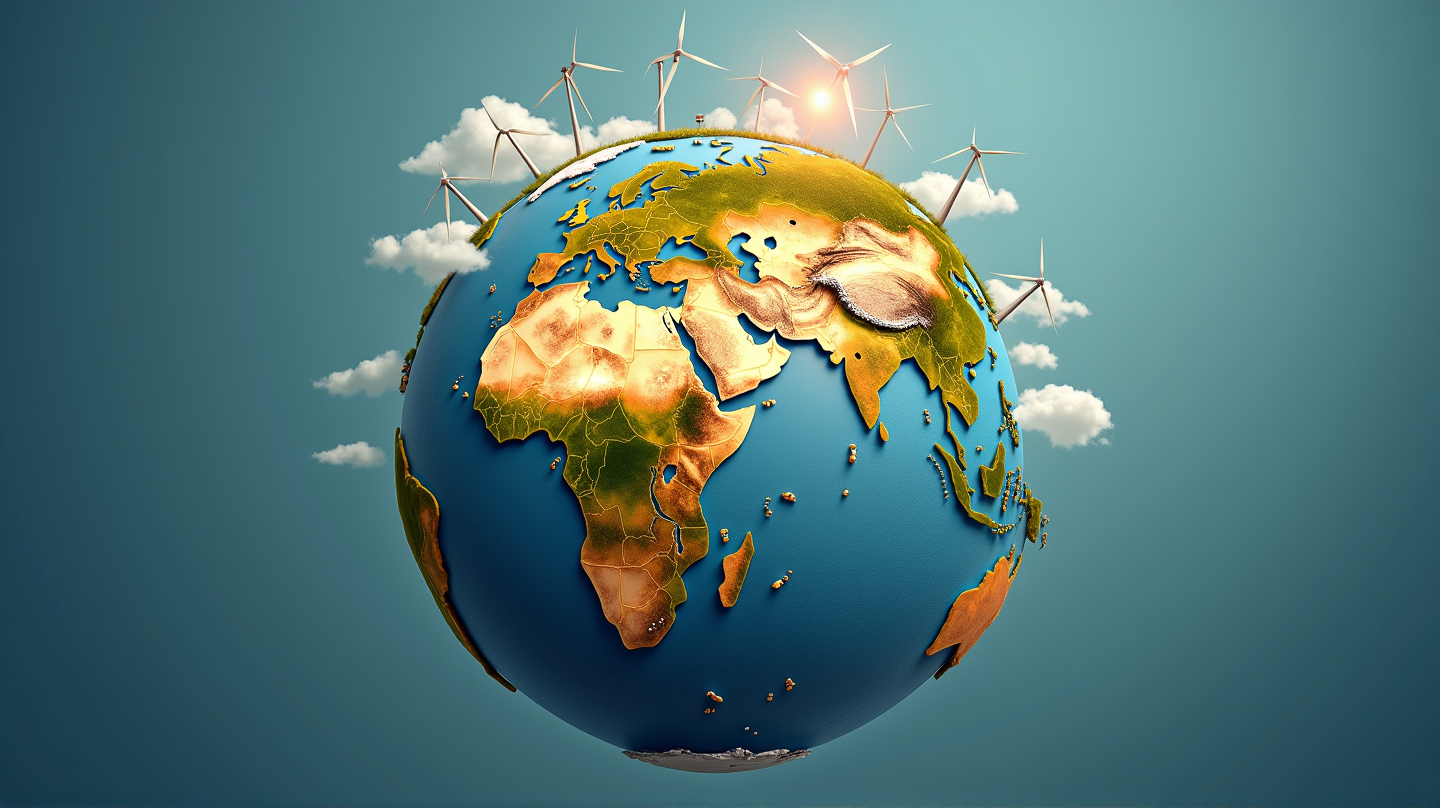The world stands at a critical juncture, as the UN Environment Programme (UNEP) issues a pressing warning about the future of our planet. Their latest report paints a sobering picture: despite promises and pledges from nations under the Paris Agreement, actions have fallen woefully short. Global temperatures are on a trajectory of significant increase, calling for immediate and unprecedented measures.
Assessing the Situation
According to the recent UNEP Emissions Gap Report 2025, the implementation of Nationally Determined Contributions (NDCs) could still result in a temperature rise of 2.3-2.5°C by the century’s end. Inger Anderson, Executive Director of UNEP, highlights that while methodologies and other factors marginally improved last year’s projections, the reality remains stark: only a fraction of goals under the Paris Agreement is being met.
A Call for Urgent Action
UN Secretary-General António Guterres emphasized the urgency of the situation, declaring that exceeding a 1.5°C rise in temperatures, at least temporarily, is becoming inevitable – possibly by the early 2030s. Nonetheless, he insists that despair is not an option; instead, this is the moment to escalate efforts significantly, as success is still within reach through increased ambition and commitment.
Bridging the Gap
The report details a critical “implementation gap,” with only 60 parties, covering 63% of emissions, having submitted new NDCs with mitigation targets for 2035. Furthermore, to align with the 2°C and 1.5°C pathways, emissions cuts should be far more aggressive than currently planned. Anderson articulates that while challenges deepen, quick wins in renewable energies and methane emissions can offer pathways forward.
Pathways Forward
Aligning with the Paris Agreement will require massive cuts to emissions, with 2030 emissions needing to fall by 26% to 2035. The necessary low-carbon technology is available, providing hope and capability for transformative change. However, achieving these goals demands navigating complex geopolitics and overhauling financial support frameworks, particularly for developing countries.
The Role of G20
Finally, the spotlight falls on the G20, which accounts for 77% of global emissions. Current pledges are insufficient. G20 leadership will be pivotal in galvanizing more robust actions and resources, setting a new standard for climate responsibility and ambition.
Every degree we prevent from being added to global warming signifies a myriad of avoided hardships. The UNEP’s message is a clarion call for all countries to commit fully and swiftly to the path that science tells us is possible and necessary. Will the global community rise to this challenge? Only time will tell.
As stated in Africa Science News, the urgent need for action cannot be overstated.
